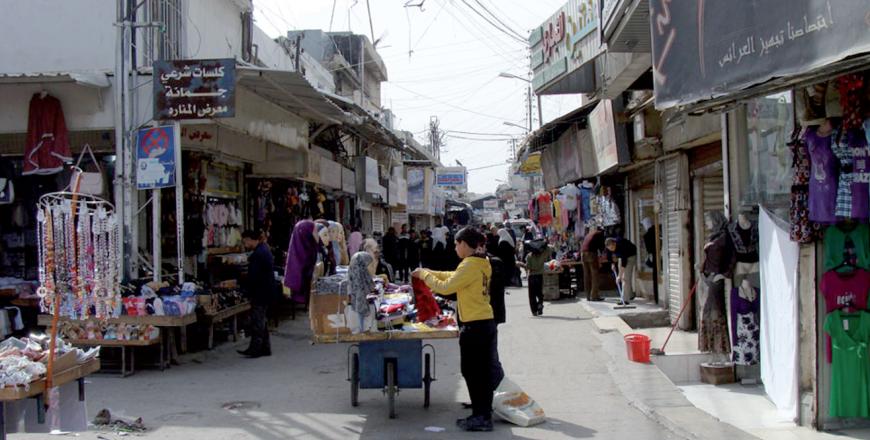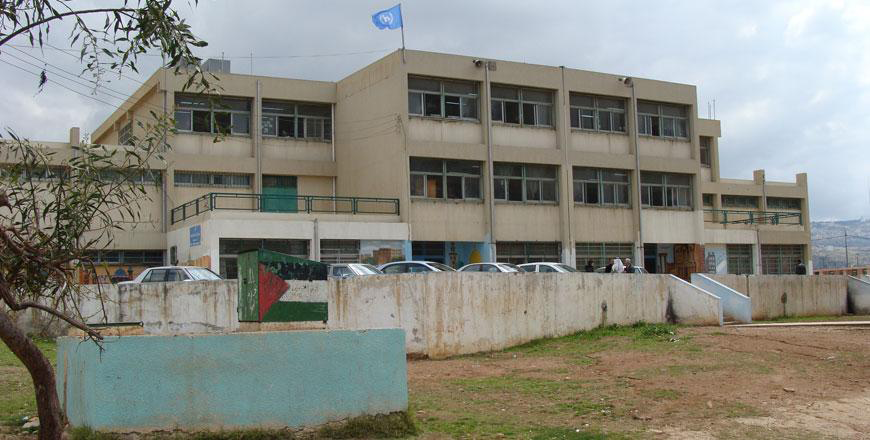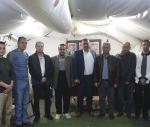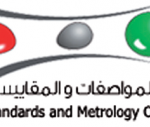AMMAN — Seventyfive years into the Palestinian “Nakbah”, the United Nations Relief and Works Agency (UNRWA) has taken the responsibility to provide humanitarian aid to Palestine Refugees across the region.
Director Marketing Communications Widian Othman said that “UNRWA acts as a miniature government within the refugee camps”, emphasising the agency’s indispensable role.
“Without UNRWA, the essential lifelines for refugees would vanish as the agency oversees everything from street cleaning to health and education, effectively mirroring the comprehensive services provided by the government to ensure the well-being of those residing in the camps,” she said.
UNRWA on Tuesday organised a tour to one of the refugee camps in Amman to showcase its services and underline the potential consequences of funding cuts on the lives of the camp residents. UNRWA Director in Jordan Olaf Becker said that the Kingdom hosts 2.4 million registered refugees, constituting about 42 per cent of refugees in the region, which makes it the largest out of the five fields in which UNRWA operates.
Becker warned that the defunding could put the continuation of UNRWA services to Jordan at risk, with the countdown to start as of end of February. Chief of the UNRWA Field Education Programme Oroba Labadi said that UNRWA across Jordan manages two vocational and technical training centres that offer practical training to young Palestinian refugees, which provide essential skills and expertise for future employment and financial independence.
She added, “Currently, the two centres accommodate more than 3,500 students, providing a diverse range of technical and vocational specialisations with durations ranging from six months to two years.” One of the training centre graduates said, “UNRWA provided me with a life-changing opportunity to pursue my education and establish my career; currently, I am a civil engineer, having studied from the first to third grade within the UNRWA schools and furthered my education at the training centre, obtaining a diploma in engineering before pursuing postgraduate studies.”
Regarding schools, Labadi highlighted that UNRWA in Jordan runs 161 schools serving more than 107,000 students.
Labadi added that UNRWA schools have gained recognition on both regional and international platforms, with students achieving notable awards, including securing the third rank in The 2023 Arab Reading Challenge by the UAE and the second position in the Jordan Youth Scientist competition, supported by the Embassy of Ireland in Jordan.
One of the UNRWA students said that, “If UNRWA was not in our lives, I would say that the future would be weaker and also the services provided to us as refugees wouldn’t be the same.”
She also commended the health services provided by UNRWA. “We are receiving good quality health services with almost no fees.”
Head of Amman new camp health centre Salam Ghanem said that the Amman new camp health centre is the one of the largest health centres in Amman, serving 51,000 Palestinian refugees and extending services to approximately 228,000 neighbouring residents.
Ghanem said that the centre provides comprehensive services, including treatment for chronic diseases, care services for children and pregnant women, school healthcare services, and services for UNRWA employees. Ghanem said that the centre maintains uninterrupted services, ensuring all necessary supplies are available year-round.
He added that the centre conducts epidemiological investigations to curb the spread of diseases and potential epidemics within the community. Expressing concern over the defunding, Ghanem emphasises the critical role of UNRWA in providing freeof-charge services to refugees. “Any funding suspension would significantly impact the health and wellbeing of the refugee population.”
The Amman New Camp Health Centre emerges as a vital institution in safeguarding the health of its diverse community, reaffirming its commitment to providing quality healthcare services amidst challenging circumstances.” Entesar Nahawi, one of the patients at the centre, said “I arrived in Jordan from Gaza seven months ago and, shortly after, I was diagnosed with a terminal illness but, due to financial status, I was unable to afford the necessary medication, so I turned to UNRWA, and thankfully, they provided me with the medicine I desperately needed.


















